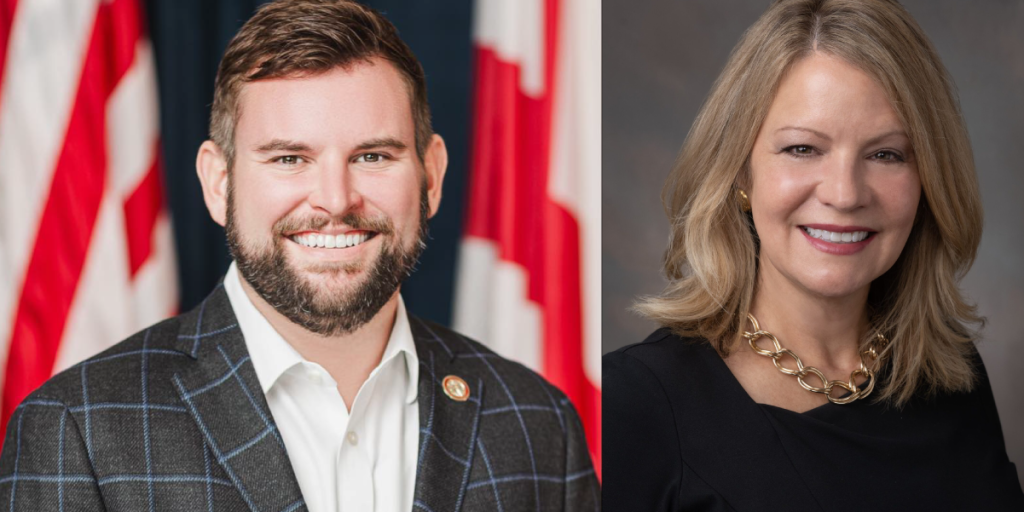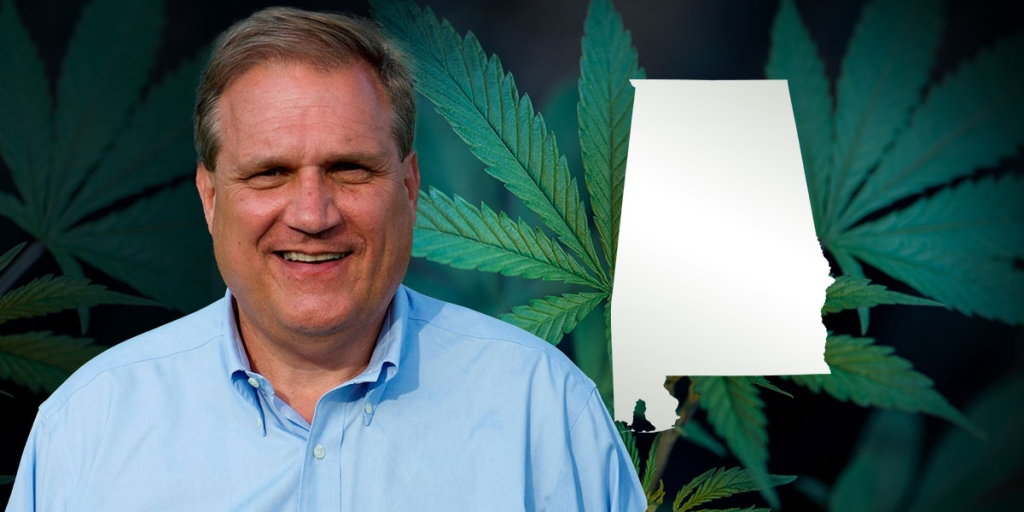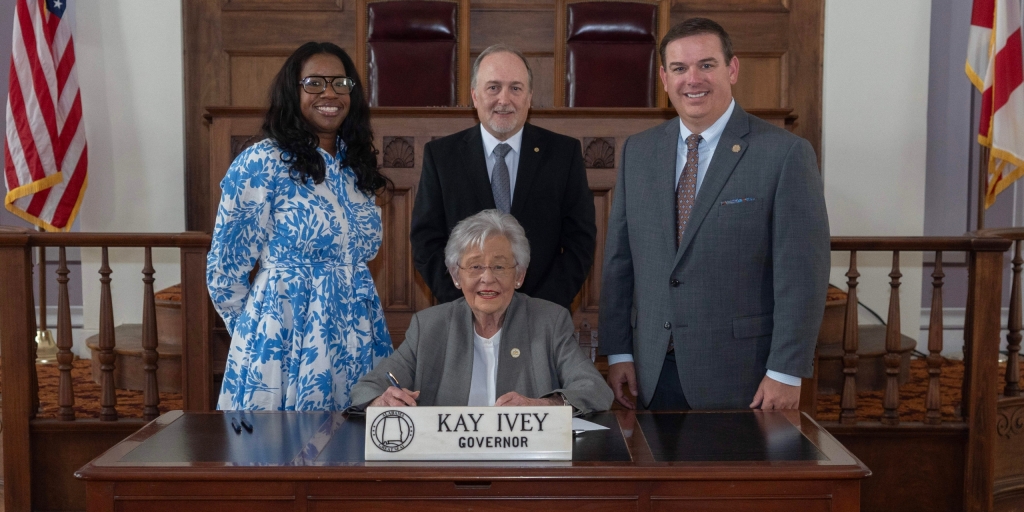A fiasco involving tickets for Taylor Swift’s Eras Tour has renewed calls to break up Ticketmaster through anti-trust. While many commentators have weighed in on the website crash, I will discuss Ticketmaster’s alleged monopoly.
Is Ticketmaster responsible for high priced concert tickets?
The demand to break up Ticketmaster relates to its 2010 merger with concert promoter Live Nation. The economics model of monopoly holds under three conditions: the existence of a single seller of a product with no close substitutes and with barriers to entry by other sellers.
Ticketmaster meets the single seller and barrier conditions, with exclusive booking rights for over 300 venues, including 47 of the 52 Eras Tour shows. (This is for the primary market; many ticket brokers resell in the secondary market.) Preferences for music vary widely, but for the legions of Swifties there is no close substitute for the one and only Taylor Swift.
The monopoly model predicts higher prices than with competition, suggesting Ticketmaster’s responsibility for high prices. And musicians since Pearl Jam in the 1990s have raged against Ticketmaster.
Yet Ms. Swift reportedly set the prices of Eras Tour tickets to ensure affordability for her fans (the average price is $215). Ticketmaster makes money off fees for purchase, not the face price, which passes through to the artist, team, or venue.
Furthermore, Ms. Swift wanted all tickets sold in the primary market; Ticketmaster normally directs upwards of 90 percent of tickets to the secondary market. Codes for her loyal fans for the presale tried to prevent purchases by ticket brokers. Nonetheless, many bots allegedly helped crash Ticketmaster’s site.
Nor are the high prices on the secondary market (up to seven times face value) Ticketmaster’s fault. The secondary market reflects demand and supply, and Eras Tour tickets are ultimately worth however much people will pay. And the fewer tickets reaching the secondary market, the higher the prices. The forces of demand and supply are beyond the control of Ticketmaster or even Taylor Swift.
Ticketmaster’s monopoly might have other effects though. Ticket revenue for the Eras Tour is estimated at $590 million; Ticketmaster will reportedly make $13 million from its fees on sales. Although modest relative to the gate, these fees may be higher than necessary.
Judging costs from outside an industry is virtually impossible, but we can gauge profit. Ticketmaster boasts a very healthy 37 percent adjusted operating margin.
Monopoly can also lower quality. Poor service hurts a company more when customers can go elsewhere. Fans trying to buy Eras tickets had to deal with Ticketmaster. The company has notoriously poor service, with a Customer Service Scoreboard rating of 25 out of 200, in the “Terrible” category. Customers complain about a lack of transparency regarding fees.
Ticketmaster’s monopoly has effects, but its position is due to the exclusive booking contracts granted by venue operators. Economics helps explain this. Suppose you owned a stadium and need to sell tickets. While hiring ticket sellers is an option, even a busy stadium hosts a relatively small number of events each year with high demand when new events go on sale. This is a good spot for the expertise of a company specializing in selling tickets.
When you negotiate with ticket sellers, you will get a better deal from granting exclusive booking rights. Why? Because monopolists can charge higher fees! Profits likely get shared with the venue operators. Breaking up Live Nation Entertainment would not change the dynamic leading to exclusive contracts.
Ticketmaster’s monopoly position likely produces excessive fees and poor customer service. I can offer one option going forward. Most of the stadiums hosting Eras Tour events were built with at least some tax dollars. Instead of going after Ticketmaster, taxpayers could try to limit exclusive booking deals for publicly funded stadiums.
Daniel Sutter is the Charles G. Koch Professor of Economics with the Manuel H. Johnson Center for Political Economy at Troy University and host of Econversations on TrojanVision. The opinions expressed in this column are the author’s and do not necessarily reflect the views of Troy University.












